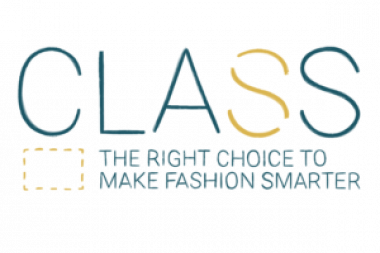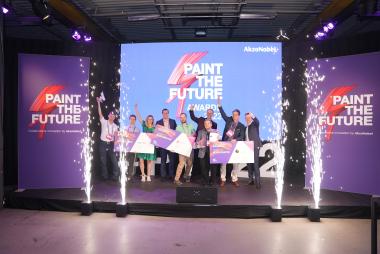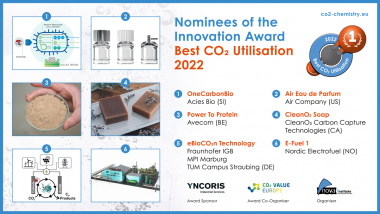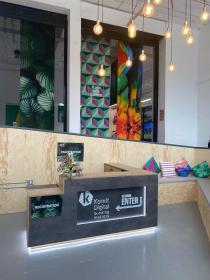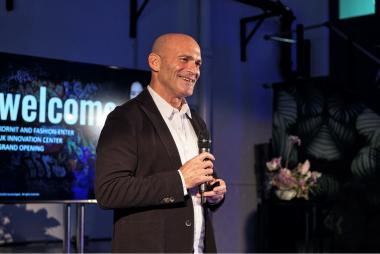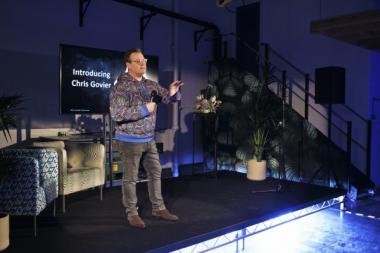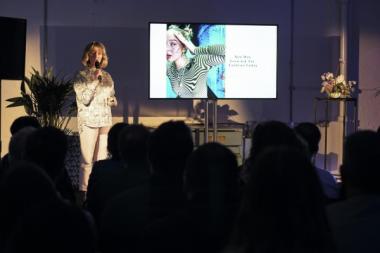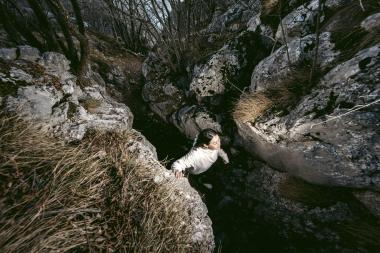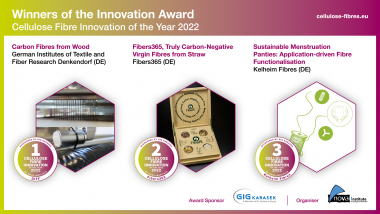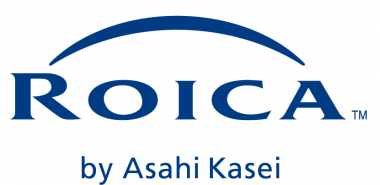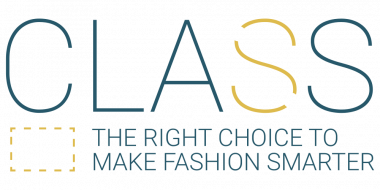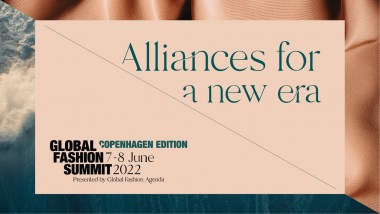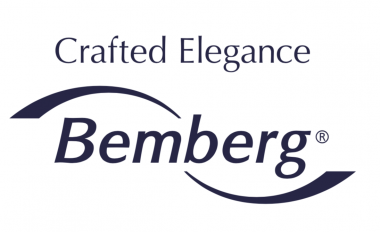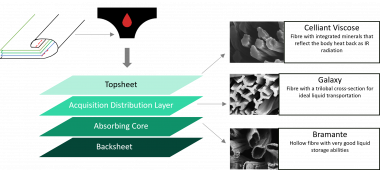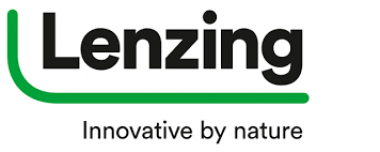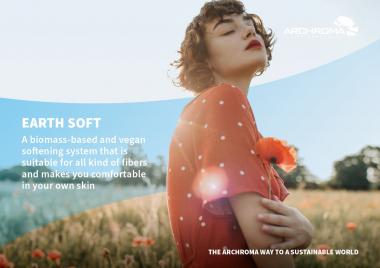C.L.A.S.S. ICON 2022: Applications open for third edition
On March 15th C.L.A.S.S. Eco Hub launched the 3rd edition of C.L.A.S.S. ICON Award, the annual competition with the aim of sponsoring and rewarding a visionary creative who is able to combine design, responsibility, innovation and communication.
The next selected winner of the international competition for visionary fashion creatives who are able to convey the values of sustainability not only to fashion professionals, but also to the wider public, will be chosen in accordance to the principles of the C.L.A.S.S. Manifesto of Responsible Fashion (https://www.classecohub.org/wp-content/uploads/2022/03/Copia-di-C.L.A.S.S.-ICON-MANIFESTO-2.pdf).
The prestigious reward for the game changers of fashion counts C.L.A.S.S. support at 360° degrees, from material consultancy to communication support and a partnership-like engagement in C.L.A.S.S. activities both on and off-line. This specifically includes:
- 2 coupons valued 1000 € each to source responsibly on THE SMART SHOP, the inspirational materials’ bank and samples' e-shop, that includes a premium selection of the C.L.A.S.S. Material Hub’s materials
- A consultancy session with C.L.A.S.S. TEAM: the ICON will have the chance to choose between an introduction to responsible innovation workshop or a specific session focusing on brand’s needs, for example responsible sourcing, certifications, communication.
- Full communication support in terms of press releases, social media and events organisation
C.L.A.S.S. is also happy to announce that its partners will offer an exclusively customed package of marketing and communication activities:
- Renoon is the app devoted to Responsible Shopping agglomerating thousands of ways to combine style and sustainability values may it be new, pre-loved and rental clothing. The package dedicated to C.L.A.S.S. ICON includes: a dedicated brand page on Renoon, the possibility to check and edit the description of the brand with Renoon's team and a featured article/interview on the new Renoon Library.
- IDEE BRAND PLATFORM is a company based in Milan, which provides dedicated support in all commercial activity for design and fashion brands through the various stages of their growth steps. The package dedicated to C.L.A.S.S. ICON includes the support of the brand in commercial activities for SS23 and AW23/24.
- SUSTAINABLE BRAND PLATFORM is a digital platform to measure, improve and communicate fashion brands sustainability making it simple and affordable. Through the creation of a real DIGITAL TOOLBOX SBP wants to give fashion brands all the instruments they need to obtain a global assessment of their sustainable performance. The package dedicated to C.L.A.S.S. ICON includes the Ecoscoring for brand’s sustainability and the creation of its Sustainable ID Card on Sustainable Brand Platform, as well as the use of the SBP logo, communication on social media and an interview in SBP/Magazine.
- WHITE has always been attentive to the themes of responsible fashion and alongside the new generations of designers. That’s why they decided to support the international sustainability platform C.L.A.S.S. (Creativity, Lifestyle And Sustainable Synergy) with the annual award C.L.A.S.S. ICON, which promotes awareness in new sustainability values. For this reason, WHITE offers to the winner of C.L.A.S.S. ICON: a digital space on its WSM-WHITE platform and a physical space at the next show scheduled for September.
Applications are open until 1st May.
Email to classicon@classecohub.org, with a list of information such as brand vision and objectives, sustainability values and strategy, designer profile, a photo/video story of your latest collection, and any previous award (https://www.classecohub.org/c-l-a-s-s-icon).
C.L.A.S.S. Eco Hub


